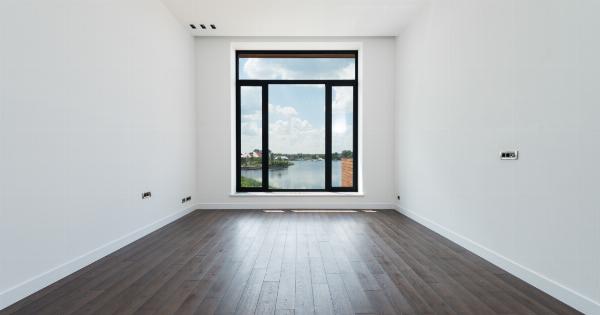Your bedroom is the one place in your home where you should be able to relax and recharge. Unfortunately, for many of us, our bedrooms don’t provide the restful environment we need.
From poor air quality to lighting that disrupts our natural sleep patterns, there are many things that can interfere with a good night’s sleep and overall health. Fortunately, you can transform your bedroom into a health haven with a few simple tips and tricks. Here’s how:.
Invest in a Good Mattress
One of the most critical elements of a healthy bedroom is a good mattress. A supportive mattress will help you maintain proper alignment and avoid back pain, while a comfortable one will help you fall asleep faster and stay asleep longer.
Look for a medium-firm mattress, which has been shown to provide the best balance of support and comfort. If you’re not sure where to start, consider making a trip to a mattress store to try out different options.
Choose the Right Bedding
Once you have a good mattress, it’s time to consider your bedding. The right bedding can help regulate your body temperature and keep you comfortable throughout the night.
Look for bedding made from natural, breathable materials, like cotton or bamboo. You should also choose bedding that’s appropriate for the season. In the winter, choose heavier duvets and flannel sheets, while in the summer, opt for lightweight sheets and a thinner comforter.
Create a Relaxing Atmosphere
Creating a relaxing atmosphere in your bedroom can help you unwind and fall asleep faster. Consider investing in calming decor, like soft lighting, plants, and cozy blankets.
You can also diffuse essential oils that are known to promote relaxation, like lavender or chamomile. Avoid bright colors and stimulating decor, like electronics or bold patterns, which can interfere with your sleep and overall relaxation.
Invest in Proper Lighting
Lighting is a crucial element of bedroom design that can affect your sleep and overall health.
Bright overhead lighting can disrupt your natural sleep patterns and make it harder to fall asleep, while dim lighting can help you unwind and prepare for rest. Consider investing in a few different types of lighting, like bedside lamps or string lights, that you can adjust depending on your mood and needs.
Choose a Calming Color Palette
The colors you choose for your bedroom can also have an impact on your sleep and overall mood.
Colors that are too bright or stimulating can make it harder to relax, while colors that are too dark or gloomy can have a negative impact on your overall mental health. Consider choosing a calming color palette, like shades of blue or green, that promotes relaxation and tranquility.
Keep the Room Cool
The temperature of your bedroom can greatly affect your sleep quality. Most experts recommend keeping your bedroom between 60 and 67 degrees Fahrenheit for optimal sleep.
Consider investing in a programmable thermostat that can help regulate the temperature throughout the night. You can also opt for breathable bedding that will keep you comfortable without getting too hot.
Avoid Electronics in the Bedroom
Electronics, like phones, tablets, and televisions, can interfere with your sleep quality in several ways. The blue light emitted by screens can disrupt your natural sleep patterns, while the constant notifications and noise can keep you awake.
Consider keeping all electronics out of the bedroom, or at least turning them off well before bedtime.
Purify the Air
Poor air quality can lead to a variety of health problems, including allergies, asthma, and even heart disease. Purifying the air in your bedroom can help you breathe easier and get a better night’s sleep.
Consider investing in an air purifier or adding some indoor plants, like snake plants or peace lilies, that can help remove toxins from the air.
Reduce Noise
Noise can greatly impact your sleep quality, making it more difficult to fall asleep and stay asleep throughout the night.
Consider investing in sound-absorbing materials, like curtains or a white noise machine, that can help reduce the amount of noise that enters your bedroom. If outside noise is a significant problem, you might also consider adding some soundproofing to your walls or windows.
Keep the Room Clean and Tidy
A cluttered and dirty bedroom can make it harder to relax and fall asleep. Make sure your bedroom stays clean and tidy by regularly dusting and vacuuming, and avoiding clutter or items that don’t belong.
You might also consider investing in some storage solutions, like under-bed storage or a bedside table with drawers, to help keep everything organized and out of sight.
By following these tips and tricks, you can transform your bedroom into a health haven that promotes relaxation, restful sleep, and overall well-being.



























